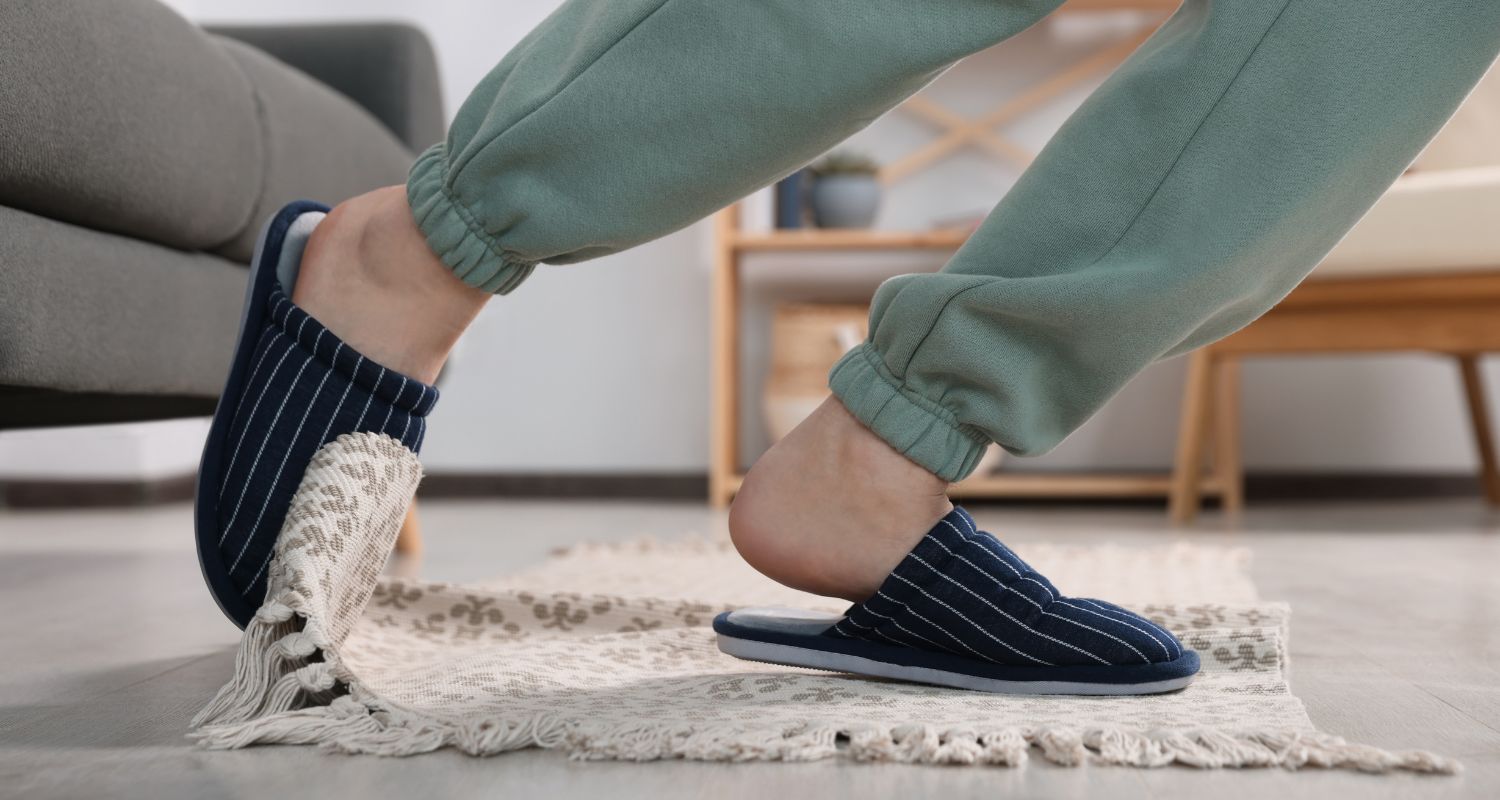
Everyday we grow older is a gift to truly enjoy life. Sure, as the years pass it takes more time to focus on our health and well-being but it’s worth it – especially so we can be there to share days with our families and enjoy the knowledge we’ve amassed. This means making sure we are up to date on all our doctors’ visits. While most of us visit our general practitioners annually to have our general health monitored, there is often less emphasis on testing our hearing. More than just a tool for communication and connection, many are surprised to find that healthy hearing is an essential tool in reducing the risk of falls as we age.
The Risk of Falls as We Age
According to the Centers for Disease Control and Prevention (CDC) “Every second of every day, an older adult (age 65+) suffers a fall in the U.S.—making falls the leading cause of injury and injury death in this age group. One out of four older adults will fall each year in the United States, making falls a public health concern, particularly among the aging population.” When we are younger, we can pick ourselves up from a minor fall, dust ourselves off and keep going. As we age many of us suffer from lower bone density, osteoporosis and more, making even a minor fall a risk for bone breakage, reducing mobility and including slower recovery times. It’s often a fall which is the first sign marking a decline towards a premature end of life in older adults. There are several ways to reduce the risk of falling. This can include eating a calcium rich diet which enhances bone health, regular exercise, and balance exercises. Many are surprised to discover that this also includes addressing hearing issues.
Hearing Loss and Balance
Many are not aware of the interconnected nature of hearing and the balance system. The balance system is a combination of the brain collecting signals from the eyes, muscles, skin, joints, and bones and sending the information back out to keep us upright as we walk through the world.
In addition, the auditory stem is housed side by side with the vestibular system- which reports the level of our head to our brain. Both systems share common sensory transduction elements, cells which resemble hair. These cells send information to the brain based on fluid which in the membranes they are held. When we shift the position of our head, fluid in the vestibular system moves across the hair cells- information which is sent to our brain. In the case of hearing, vibrations move the fluid in the cochlea to the hair cells which convert the auditory vibrations to our auditory cortex where it is interpreted.
Underdiagnosed and Undertreated
Aside from both systems using similar methods an issue with balance can also signal a hearing issue and vice versa. A hearing loss also means we are less aware of the world around us leaving us more open to accidents and falls as we navigate the world. We may be slower in responding to an oncoming sound or obstacle.
Hearing loss is often very treatable, but many people avoid getting help due to lack of awareness, as well as concerns about the social stigma and expense. According to data from the National Institute on Deafness, roughly 36 million people in America deal with hearing loss—however, of those who could benefit from treatment 70 years and older, only 30 percent have ever perused it.
Addressing a Hearing Loss
Part of our total health includes addressing our hearing. As we age hearing loss becomes more common. One in three people 65 and older report a hearing issue and this number jumps to half of all people 75 years and older. Our total health is connected, and you may find that as hearing declines, not only does the risk of falls increase, but your likelihood to stay active, stay social and feel connected to the life you love decreases.
Aging with grace takes a lot of work but it’s worth it! If you are feeling concerned about your balance or you’re hearing it’s a good idea to have your hearing tested. We can help determine the extent of your hearing ability and determine the best treatment to enhance your life. Schedule your next hearing exam with us today!
